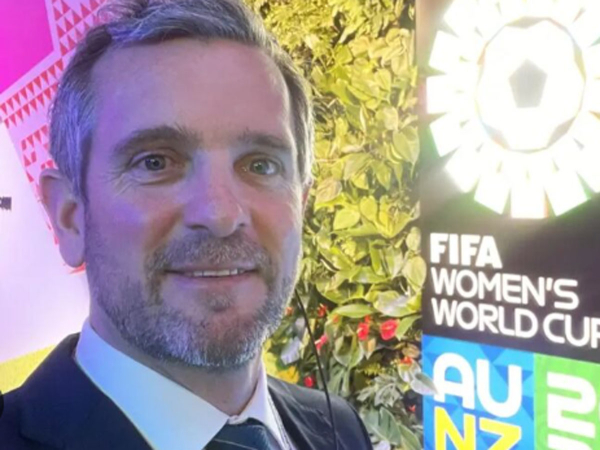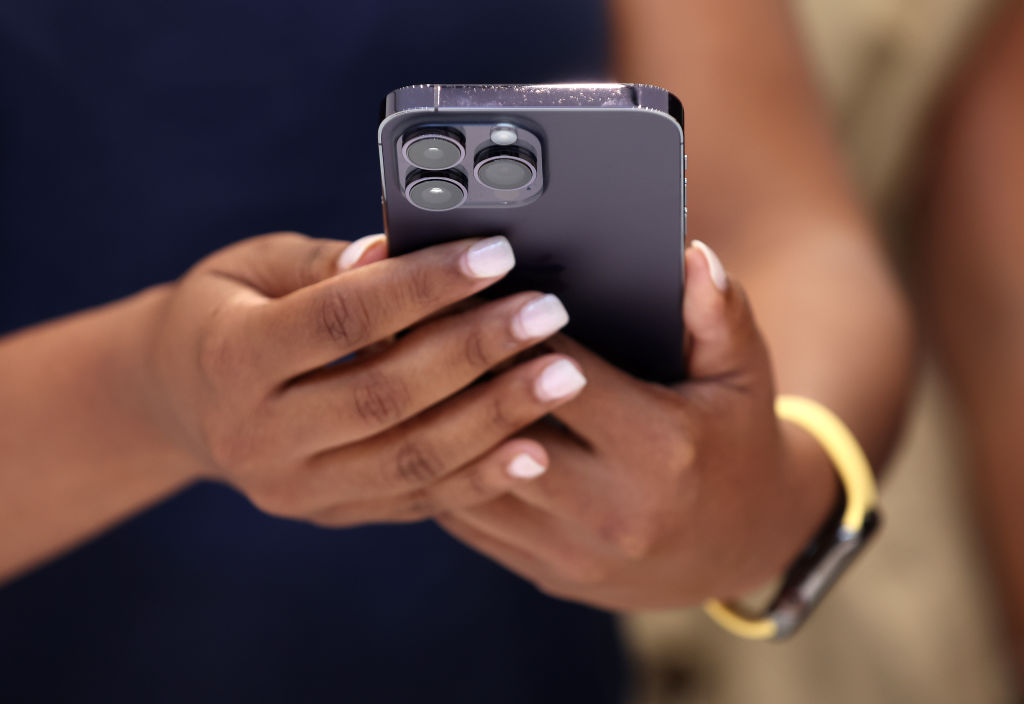[ad_1]
Analysis: For someone whose success was achieved via a solo effort, Tauranga’s mayor-elect Mahé Drysdale talks a big game about working as a team.
On TVNZ’s Q&A on Sunday morning the former two-time Olympic single sculls rowing champion’s main message wasn’t what the newly elected council would do, it was that whatever it did would be as a result of a team effort.
Preliminary results after voting closed show Drysdale as the city’s new mayor by a margin of 5,885.
“Getting the team together”, “working as a team” and various iterations were thrown around in the interview with Jack Tame.
Of course, working together should be the number one priority for the council, given it was dissolved and replaced by commissioners in 2021 because of infighting, name-calling and general dysfunction.
That decision came after the resignation and recommendation by the then mayor, Tenby Powell, who described the council, and councils before it, as “visionless old men’s clubs”.
“Over the years those few councillors who have fought for positive and progressive change … have been chewed up and spat out,” RNZ reported at the time.
The commissioners echoed that sentiment, writing in a briefing to the incoming council that they had inherited “historic underinvestment and lack of commitment”.
Former National MP Anne Tolley as commission chair has led that charge: more has been spent since 2021 than had been spent combined in the previous 10 years.
And a May 2024 Tauranga Business Chamber poll revealed that 83 percent of respondents mostly agreed with the direction set by the commissioners.
Before the election, reports were mixed about whether the “return to democracy” was too soon.
The commissioners wrote to Local Government Minister Simeon Brown late last year suggesting a new hybrid council model made up of elected councillors and commissioners, but the idea was rejected.
Greg Brownless, a previous mayor of the city, who came in as runner-up this time around, congratulated Drysdale on social media, and said that “democracy had returned”.
But by all accounts democracy barely showed up. The turnout for Tauranga’s election is sitting at about 30 percent, possibly pushing to the high-30s once day votes and specials have been counted.
It’s a problem across all of local council but for a city so visibly stripped of its autonomy you would think residents may be slightly more engaged.
It’s something Drysdale admits isn’t great, but he vows to communicate and consult with residents over the next four years in the hope that more will have their say on the direction of the city, and that this will boost turnout when the ballot opens again in 2028.
It’s an admirable intention but probably underestimates how difficult that will be in reality. Getting people onboard is tricky at the best of times, let alone when it comes to complex housing, infrastructure and transport plans.
One thing is for sure, as Drysdale has clearly stated, the city and its residents will only progress if those around the council table can work together.
A reliance on crew mates wasn’t a factor in Drysdale’s success in his previous career, but it will be if he’s to have any success in his current one.
[ad_2]
Source link





















